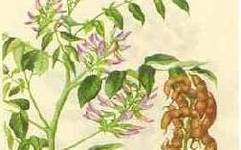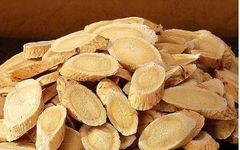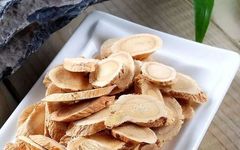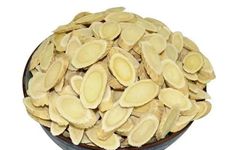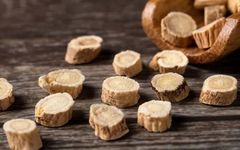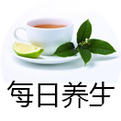Herbal Medicine | Astragalus
Astragalus Latin name: Astragalus membranaceus (Fisch.) Bunge, also known as Huang Qi, Wang Sun, Bai Yao Mian, and Jian Qi, is a perennial herbaceous plant of the legume family. The plant is found in Inner Mongolia, Shanxi, Gansu, Heilongjiang, and other regions, and is a nationally protected species. The medicinal material Huang Qi is derived … Read more

